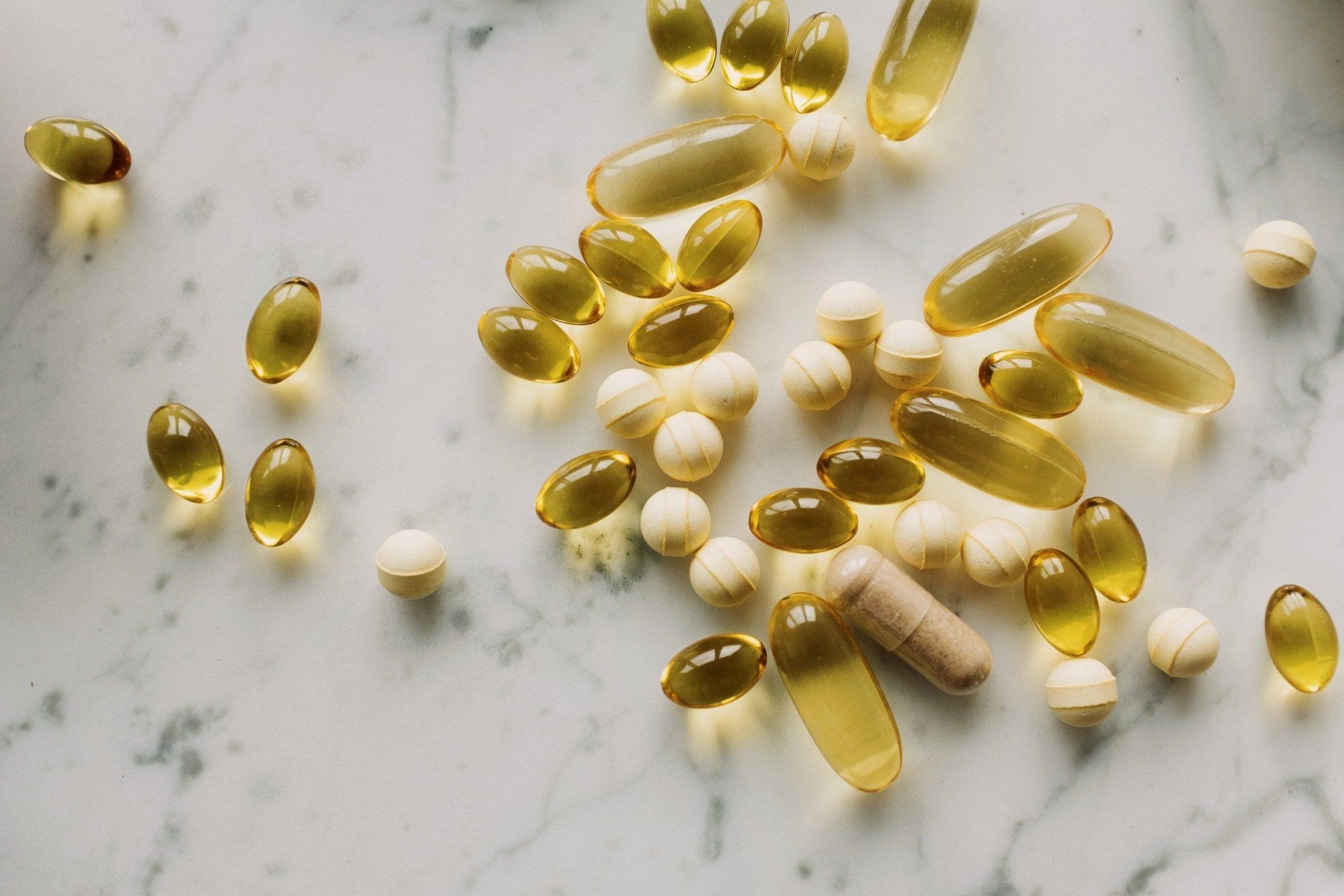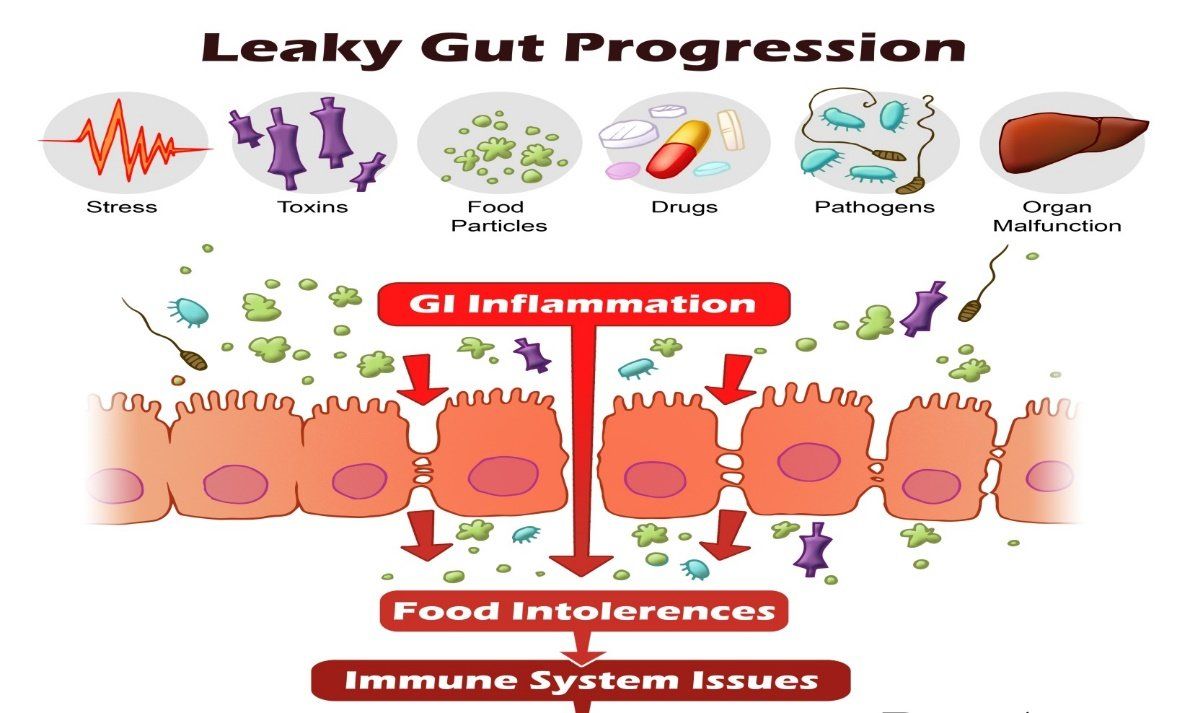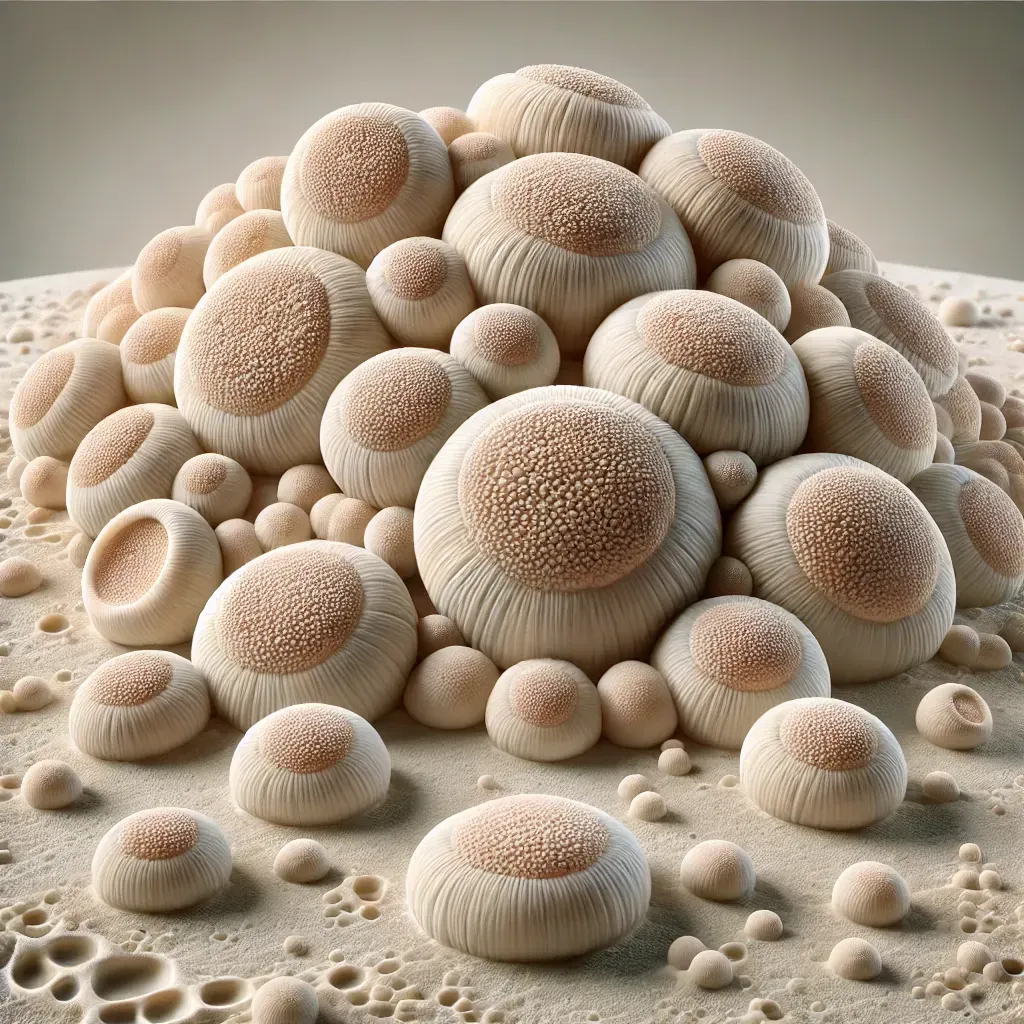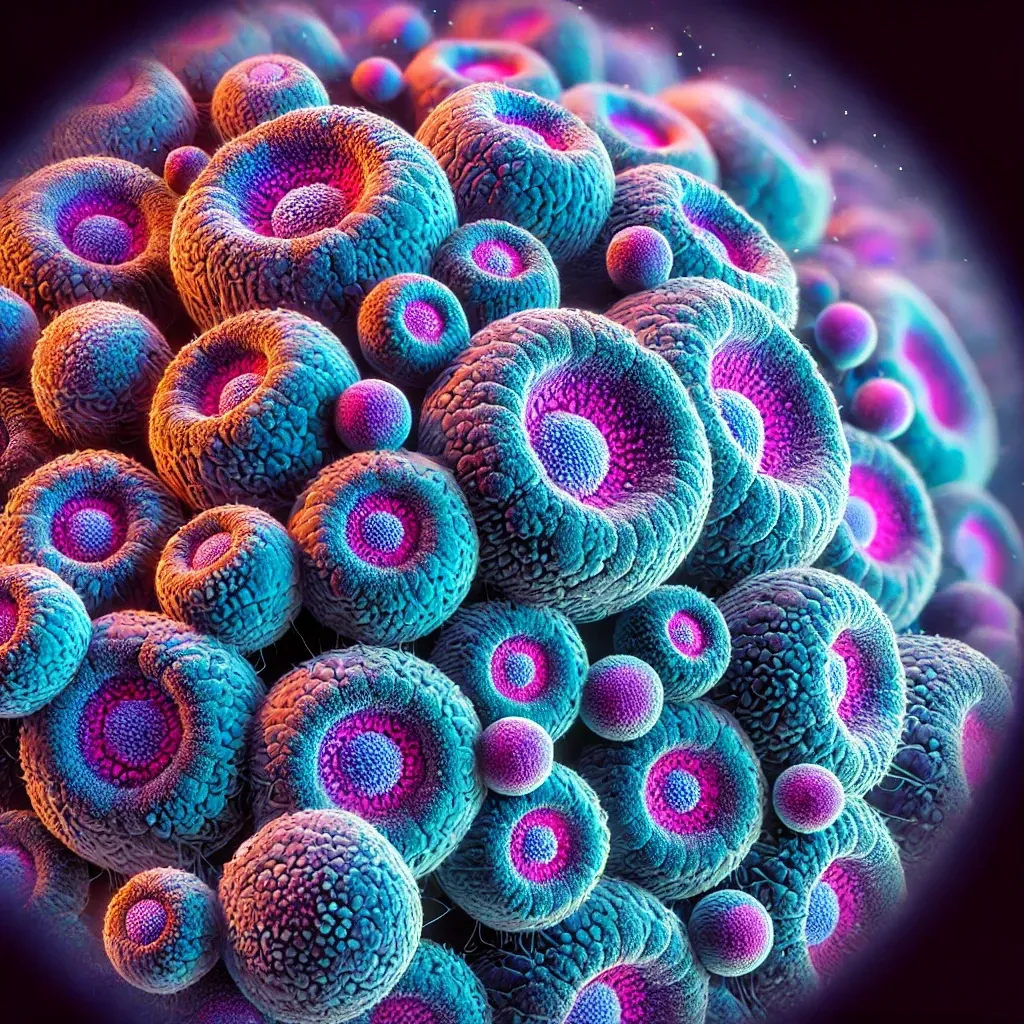Leaky What?
Leaky Gut Is Linked To Many Health Issues.
Yup, you heard right: Leaky gut. It’s exactly what it sounds like--your gut has some holes in it, and food particles, toxins, and bacteria are escaping into your bloodstream. Some refer to it as intestinal permeability. And it’s only the beginning of your problems.
Your body naturally produces this protein molecule called Zonulin. Zonulin opens up the spaces between the cells in the intestinal lining so that nutrients and other molecules can exit the intestines as they are supposed to do [1]. When leaky gut syndrome is present, these spaces open up too much, allowing things to enter your bloodstream that should never be given the opportunity. And, to add insult to injury, when this happens, an immunologic reaction occurs and the body is now primed to react to these foods and bacterium every time they appear. Great.
What causes this digestive disorder known as leaky gut? A whole lot of things, some which can’t be helped, others that can:
- Genetics — You can be predisposed to developing leaky gut because of sensitivities to environmental factors that can cause the body to initiate an autoimmune response [2].
- Poor diet and lifestyle choices — Diets that include allergens and inflammatory foods are particularly troublesome. These foods include un-sprouted grains, added sugar, GMOs, refined oils, synthetic food additives and conventional dairy products [2]. One of the primary triggers that swings the zonulin door wide open is gluten. This can affect those who have Celiac disease and to those who do not. Wheat, barley, rye and [3] alcohol [4] can also contribute to leaky gut.
- Chronic stress — Healing the HPA-D is crucial to managing stress [5], healing the gut, and ending diseases that are linked to poor gut health, such as leaky gut, heart disease, autoimmune, female hormone imbalance, chronic fatigue, weight issues and many more.
- Toxin overload — While this includes drug and alcohol consumption, that’s actually only a small part. We come into contact with over 80,000 chemicals and toxins each year, but the worst offenders for causing leaky gut are antibiotics, pesticides, tap water, aspirin and NSAIDS [2].
- Bacterial imbalance — This is also called gut dysbiosis or inflammatory gut dysbiosis, meaning there is too much harmful bacteria and not enough beneficial bacteria in your gut. One of the key jobs of beneficial gut bacteria is to communicate with and alert the immune system when something foreign, like a parasite, is looking to invade. It also keeps the opportunistic (harmful) bacteria and yeast in check, and literally protects the lining of the gut wall.
- Decreased melatonin production — This is usually caused by a lack of sunshine [3]. When sunshine hits the retina of the eye, melatonin is produced. It is stored in the pineal gland in the brain and released at night when we are in total darkness.
All diseases that are lifestyle, autoimmune diseases—Lupus, rheumatoid arthritis, chronic fatigue, psoriasis, IBS, MS, SIBO, Crohn's, Hashimotos, Graves—are caused by an imbalance in one or all three of the body systems (GI health, Detox, and Neuroendocrine). The body likes homeostasis and works to maintain it, but when there is an assault on the gastrointestinal tract then we have problems. Leaky gut means inflammation and inflammation is the root of all disease.
Here are some helpful tips that you can start using TODAY to improve your digestive system and overall gut health:
- Avoid all processed foods including gluten/wheat products. Instead, eat green vegetables at every meal, quality proteins from pastured animals, and consume healthy fats.
- Stay hydrated via a pure water source. You can buy a high-quality water filter to eliminate chlorine and fluoride [2].
- Move more. Find ways to destress and receive regular chiropractic adjustments.
- Get out in the sun and when it is time to go to sleep, sleep in a room that is completely dark, no lights, no cell phones, and no alarm clock (put it in a drawer).
- Get a GI Map and make sure to work with a practitioner who is versed in reading this test.
In my practice, one of the primary goals for all of my clients is gut integrity because without gut health, we do not have health. There are several tests that can be used to determine leaky gut. We can start by looking at a person’s blood chemistry according to functional medicine lab values (these are not the ranges printed on the lab chemistry result page). Another tool is called GI Map, a stool test that shows the comprehensive collection of microbial targets and immune markers in your digestive system that are unique to you. Once we have the data needed to determine if the gut is permeable, we heal it via proper diet, supplementation, and lifestyle modification.
- Fasano, A. (2012). Zonulin, regulation of tight junctions, and autoimmune diseases. Annals of the New York Academy of Sciences, 1258(1), 25–33. http://doi.org/10.1111/j.1749-6632.2012.06538.x
- https://draxe.com/7-signs-symptoms-you-have-leaky-gut/
- DALLAPELLEGRINA, C et al. "Plant Lectins As Carriers For Oral Drugs: Is Wheat Germ Agglutinin A Suitable Candidate?". Toxicology and Applied Pharmacology 207.2 (2005): 170-178. Web. 5 Oct. 2016.
- Swanson, G., Gorenz, A., Shaikh, M., Desai, V., Kaminsky, T., & Van Den Berg, J. et al. (2016). Night workers with circadian misalignment are susceptible to alcohol-induced intestinal hyperpermeability with social drinking. American Journal Of Physiology - Gastrointestinal And Liver Physiology,311(1), G192-G201. http://dx.doi.org/10.1152/ajpgi.00087.2016
- Silva, S., Robbe-Masselot, C., Ait-Belgnaoui, A., Mancuso, A., Mercade-Loubiere, M., & Salvador-Cartier, C. et al. (2014). Stress disrupts intestinal mucus barrier in rats via mucin O-glycosylation shift: prevention by a probiotic treatment. AJP: Gastrointestinal And Liver Physiology, 307(4), G420-G429. http://dx.doi.org/10.1152/ajpgi.00290.2013
Don't Miss Out!

Heidi Toy Functional Medicine Blog

Omega-3 and Omega-6 are considered “essential” fatty acids because they cannot be produced by the body--we get them from the food we eat. They are biologically active upon ingestion, which means the body utilizes them right away and cannot store them up for later. They are essential because they help with both inflammatory and anti-inflammatory responses.

One of the reasons fad diets often fail is because they are not sustainable. The other reason is because they usually harm different systems in the body as much as they are meant to help. As with all health issues, when it comes to diet, everything should be in moderation. The following five diet points all involve TOO much of a “good thing”:





















































































